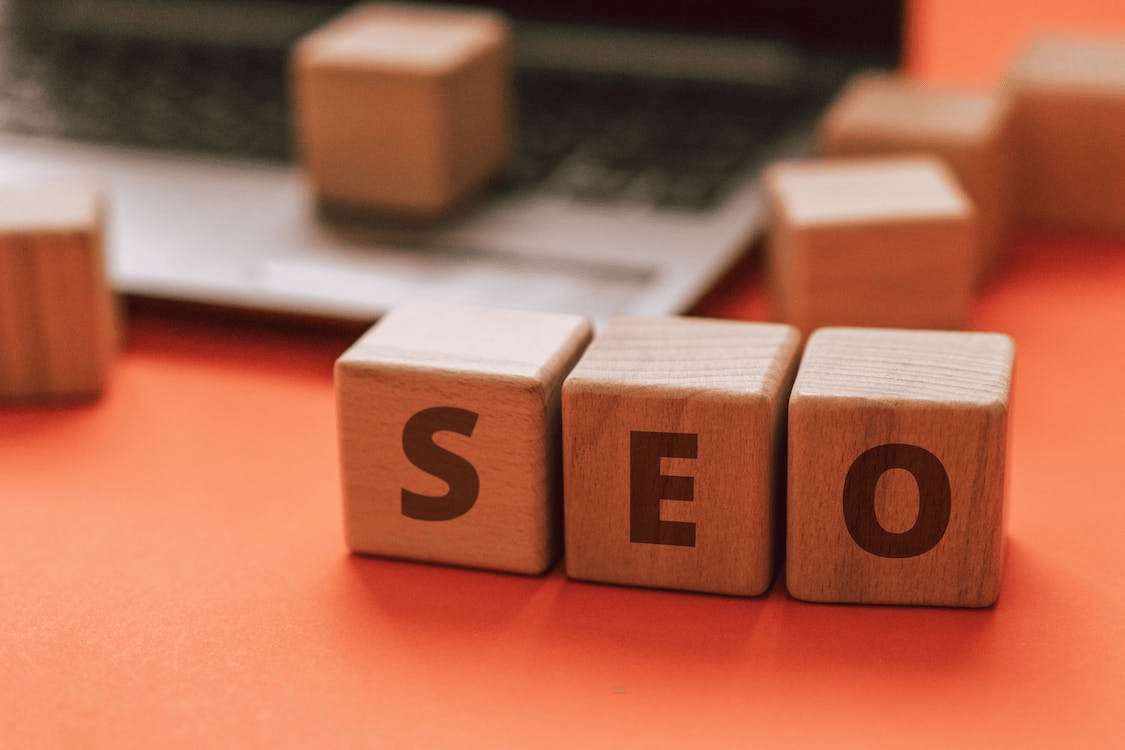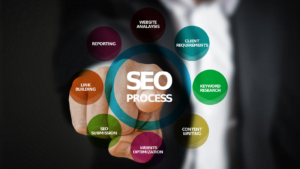Benefits Of On-Page SEO To Businesses

Search engine optimisation (SEO) improves a website’s visibility and higher ranking factor in search engines. SEO is often done by optimising a website’s content, design, and on-page elements for better visibility and organic search results.
Many factors can contribute to a website’s SEO success, but some of the most important are: good web content, effective branding, cleanliness of the site’s look and feel, & effective use of keywords. It is important to remember all the above to maintain your website’s top position in Google.
Different SEO Techniques
SEO is the process of optimising your website for search engines. In general, there are three main types of optimisation: on-page, off-page, and organic.
On-page Optimisation
It involves improving your website’s visibility and higher ranking factor in search engine results pages (SERPs). This can be done by creating great content, using keyword research, and setting up decent backlinking and link-building campaigns. Additionally, you should host good webinars and blogs that sinners targeting your audience can find useful.
Off-page Optimisation
It involves optimising Google AdWords ads on other websites to get more leads or views from potential customers. This can be done by crafting compelling ad copy, targeting high volumes of keywords (specifically those related to your product or service), and using relevant keyword bidding strategies.
What Is On-Page SEO?
In general, on-page SEO is important for any website because it helps get your site higher in organic search results and increase click-through rates (CTRs). Additionally, it can help you attract more visitors from search engines and improve web visibility.

Benefits & Importance Of On-Page SEO
Advanced Crawl Rate
One benefit of using a Page SEO plugin is that your crawl rate will be increased. This means more web pages will be found on the search engines, leading to better visibility and results. The increased crawl rate can also lead to an increase in leads and sales for your business. Not only does this improve traffic and ROI, but it can also lead to increased customer satisfaction levels.
Improved Local Search
First and foremost, page SEO is a vital part of any online presence. Optimising your site for search engines can improve your visibility and rank higher on the results pages. In addition to better ranking, page SEO can also help generate leads and conversions from website visitors.
There are many benefits to page SEO, but one of the most important is improved local search results. When a website’s content is well-optimised for search engine queries, it receives more favourable treatment from Google and other relevant websites. This means that your website appears higher in the search results pages for longer, increasing the chances that people will click through to your site.
Boosting Organic Traffic
The benefits of using on-page SEO include improving organic traffic, which can lead to higher profits. Organic traffic is the type of traffic that comes from people who have not clicked through links in an email or on a website. To increase organic traffic, it is important to use keywords and other effective content marketing techniques.
Beneath your site’s title or at the top of each article, include a keyword or phrase to help you generate more leads and sales for your business. Try including keywords in your subject line, so potential customers know what they are getting when they click on your link. Additionally, make sure you use valuable call-to-action (CTA) buttons to encourage people to visit your site again. This will help you rack up more customer leads and conversions!
Fixed And Long-Term Page Value
Fixed page value (FPV) estimates how much search engine crawlers will return to a website once it is highlighted or ranked in a certain search term. Generally speaking, FPV is a long-term measure for better SEO because it reflects how useful a website is to potential customers over time.
FPV can greatly improve the visibility and ranking of your site on search engines, resulting in more traffic and sales. As long as you regularly maintain your FPV, you’ll enjoy uninterrupted benefits from increased page value.
Increases Conversion Rate And Earning Potential
The positive effects of on-page SEO can add significant value to an organisation’s website. On-page SEO can help a business increase website traffic and conversions when done correctly. By optimising the site for search engine rankings and including relevant keywords in content, a business can ensure that its site appears higher up in search results.
Additionally, by using effective link-building tactics, a business can increase its chances of earning affiliate commissions from merchants who list its products. These benefits are only the beginning for businesses that decide to apply on-page SEO fireworks; through effective execution, businesses can see significant increases in their online visibility and potential earnings.
Enhanced Click-Through Rate (CTR)

While it is important to optimise your website for search engine visibility, the benefits of page SEO should not be underestimated. That’s because page SEO can help you get more visitors, convert them into customers, and drive overall site revenue. And with increasing competition from mobile devices and other online content sources, page SEO isn’t going away anytime soon. Here are some of the biggest benefits of optimised pages:
Enhanced click-through rate (ECT): One of the most important factors in whether a site gets traffic is its Click-Through Rate (CTR). The higher the CTR, the more likely people are to click through to the rest of your site. Page optimisation can increase your CTR by making your site easier to read, navigate, and engagingly present the information.
Faster Website Speed
There are many ways to improve website speed in today’s world. One way is to use on-page SEO. When a website uses on-page SEO, it causes the search engines to index the website faster. This means that people looking for your website will find you more quickly.
Additionally, on-page SEO can help your website rank higher in Google searches.
There are a few things that you need to do to make sure that your website uses on-page SEO effectively:
- Make sure that your site has good keyword density.
- Make sure that you have quality content for your keywords.
- Ensure you use proper CTA (click-through rate) techniques when promoting your site with Google search engines.
Overall, using on-page SEO is a great way to improve website speed and competitiveness.
Easily Managed And Updated
One of the most common benefits is improved ranking in search engine results pages (SERPs). To improve your position, you must ensure that your content is high quality and up-to-date. This means you must have good mechanics and ensure that your page is constantly updated with new information and features.
Brand Awareness
One of the most important aspects of digital marketing is creating a brand that is recognisable and trusted by potential customers. This can be done through effective online advertising, which can be done in various ways. One popular approach is by using on-page SEO techniques.
These include creating high-quality content, optimising your web page for search engines, and developing strong social media connections. Two very important things to keep in mind when doing on-page SEO are giving your site the first rank for relevant keywords and ensuring all the pages on your site are regularly updated with new content.
Conclusion
On-page SEO is one of the most important aspects of digital marketing. It is responsible for improving the visibility and performance of a website by optimising its contents and organisation.
This can be done by creating clean, organised, and appealing pages that make sure potential customers see your website first. Knowing how to optimise your content properly can increase your site’s chance of appearing first in search engines and attract more visitors from online sources.
Was this article helpful? Let us know in the comments.
FAQ
What are the three components of on-page SEO?
The three components of on-page SEO are creating a strong title, writing quality content, and using keywords.
- Creating a strong title is the first step in on-page SEO. A strong title is easy to remember and helps customers know what you’re selling.
- You can use any keyword-rich text file you want, but it’s important to use a keyword your website will already be linked to.
- On top of that, make sure your content is high quality. This will ensure people read your blog post and click through to your website.
What is the main objective of doing on-page SEO?
There are a variety of objectives for doing on-page SEO. One objective would be to improve the visibility and ranking of a website or product within search engines. Another objective may be to increase customer satisfaction through improved customer service or in-store experience. Additionally, performing on-page SEO can help businesses achieve organic search traffic and better online visibility for their businesses.
What is page content in SEO?
In general, page content refers to the content that appears at the top of a web page, typically in the form of headings and subheadings. This content may include descriptions of the items or services offered by the website or other resources being viewed, as well as any statements about how users should find (or not find) the information on the page.





